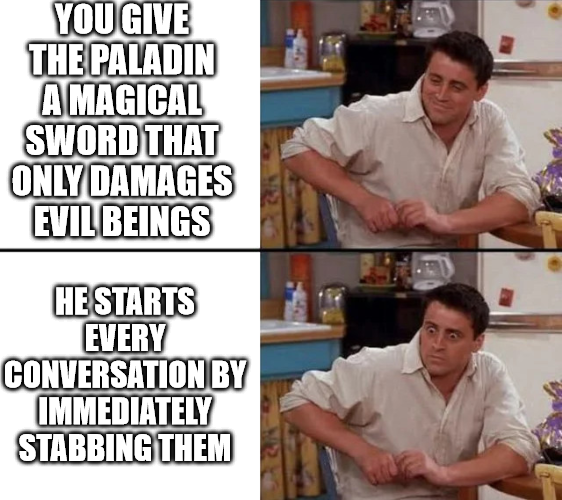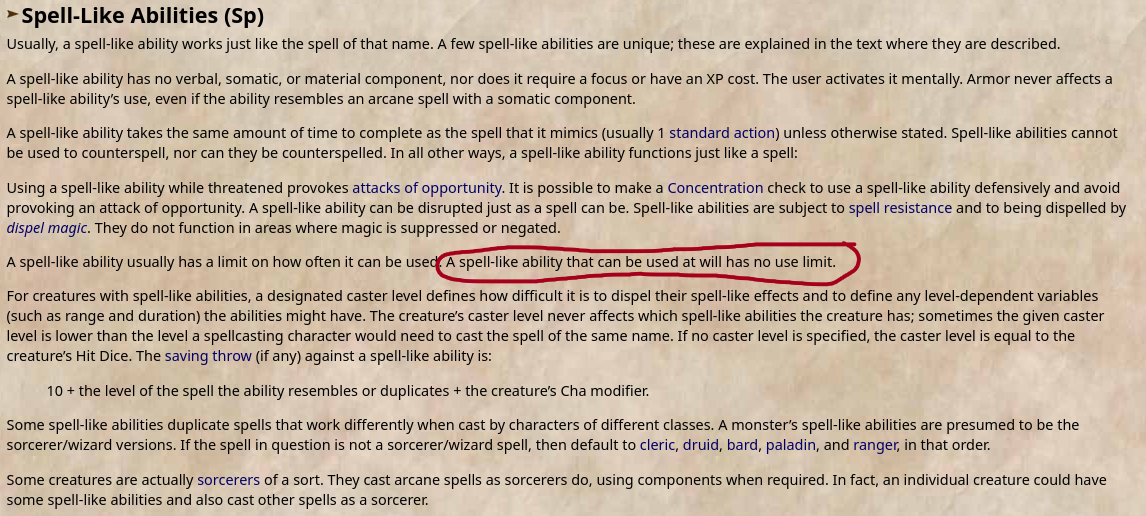The sword's power changes with time, and as it racks up more kills. Soon, it gains a +1 to attack and damage. Then, it can become wreathed in flame as a bonus action. Then, it grants advantage to checks made to locate creatures. Then, its base power inverts and it can only kill non-evil creatures.
Do not tell the player about that last one. Insist to the player that it works exactly as you first described. The Paladin can kill innocent shopkeepers and little old ladies, but cannot kill this assassin working for the BBEG.
Will he question his own stab-first ask-later methods? Or will he turn evil without even noticing?

